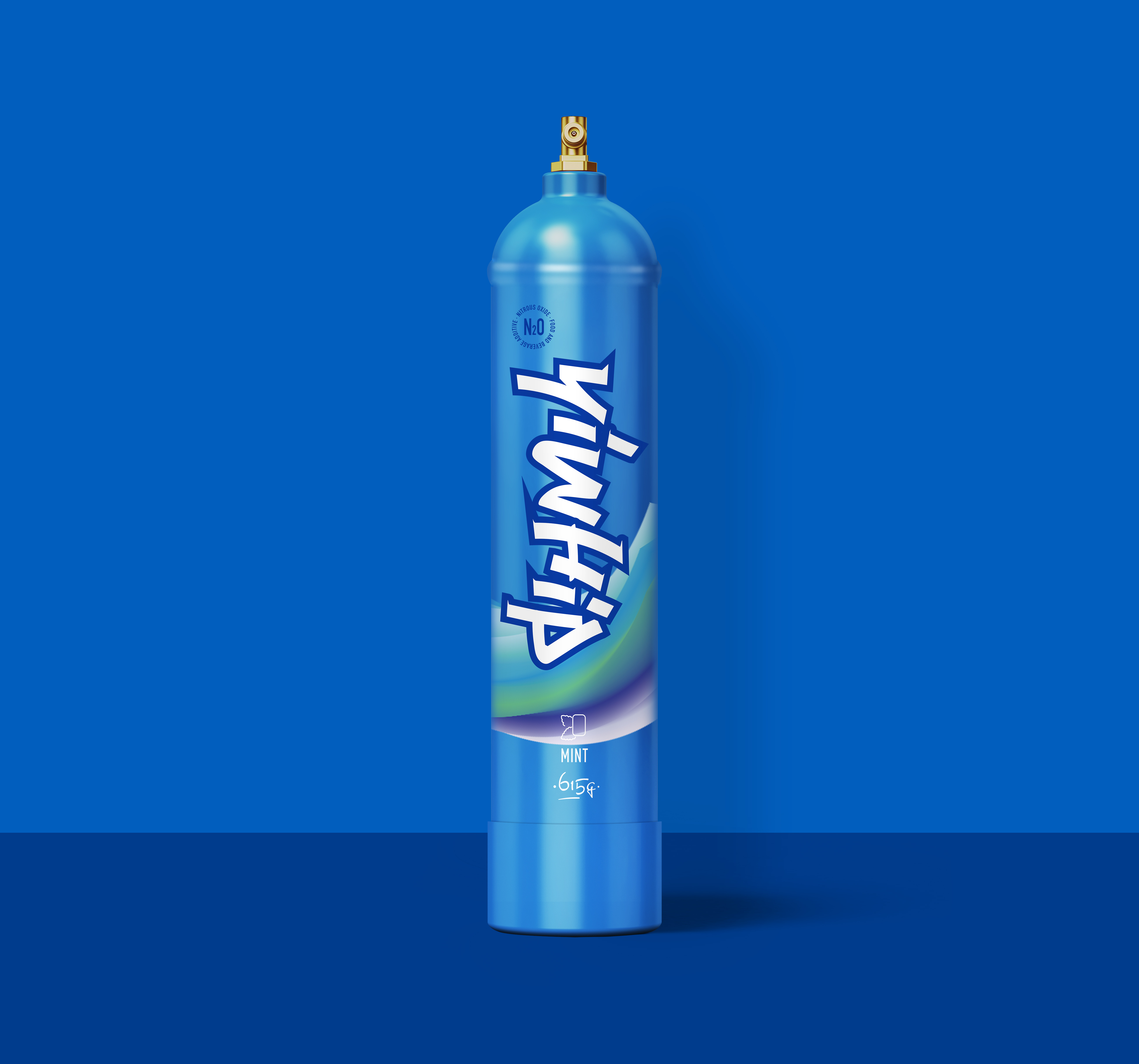Top Cream Charger Supplier for Wholesale and Bulk Orders in the USA
If you’re in the market looking to sell whipped cream dispensers—or you simply need a consistent supply of chargers for commercial or personal use—you’ve come to the right place. Whether you own a restaurant, a coffee shop, a dessert parlor, or are simply catering an upscale event or home gathering, choosing the **best cream charger supplier** in the U.S. is essential.
Quality matters—especially when you're purchasing in bulk or for retail purposes. That’s why this article focuses on everything you need to know before selecting a cream charger wholesale supplier, how to recognize reliable ones among hundreds online, and tips for managing cost-efficient yet top-tier orders across the United States.
Why Quality Whipped Cream Chargers Matter
When serving whipped cream—at your business or during events—your customers can clearly taste (and experience) the texture quality. Inferior chargers may produce uneven pressure release, causing watery, inconsistent results or even potential safety risks from underdeveloped systems. That's where working with the right provider makes a difference every time.
- Poor quality nitrous oxide (N2O) chargers might cause incomplete pressurization, leaving your cream loose or overly firm depending on dosage imbalances.
- Better-grade chargers guarantee uniformity: each charge will dispense at a perfect density for café art, plated presentations, drinks, and desserts like mousse, soufflé, etc.
- A durable, brand-safe cream charger brand prevents mechanical failures like valve issues or cartridge burst—which is especially crucial in professional environments.
In a high-volume operation, even small inefficiencies add up—and nothing breaks consumer perception of excellence more than unstable results between one scoop and the next.
Key Features When Selecting Cream Charger Suppliers for Large-Volume Orders
To ensure your investment in cream charging pays off every day, consider several important supplier characteristics. This is not a product you’d risk skimping on if consistency, branding, and efficiency rank high for your business.
Certification & Safety Standards Compliance
Your suppliers must hold certifications such as FDA approval, CE certification, ISO standards compliance (like ISO 9001 or food-safe grade design), particularly for products coming into food-related environments and applications.
Bulk Discounts and Competitive Pricing Models
Purchase costs scale significantly based on volumes—but the best vendors understand this and offer scalable bulk options tailored to cafes or retailers who buy by thousands. Look into whether they run subscription services, automatic reorders with margin perks, or B2B price structures aligned with industry expectations in the culinary niche marketplace.
Variety and Product Range Expansion Options
Top-notch distributors aren’t restricted just to chargers but also provide other accessories: whip cream cans in multiple ounce sizes, spares parts such as O-rings/seals, replacement gaskets, and perhaps even alternative gas types if your usage spans both hot and cold foam production or aerating sauces via specialized equipment needs.
Demand-Support Logistics
Faster delivery timelines are always preferred for recurring orders, especially seasonal periods that push up volume unpredictability (e.g., holidays). If a company operates within North America directly—offering U.S-based storage and shipping solutions—they'll be more likely to meet turnaround times better than offshore sellers using sea logistics exclusively.
Sustainability and Responsible Gas Use Messaging Alignment
Today's businesses—restaurants or startups—are keenly aware of carbon consciousness initiatives and customer-facing messaging tied into green values. Some leading brands have begun shifting their nitrous oxide production lines into recyclable formats (with refillable containers instead of fully sealed units), and while these may still be rare stateside compared globally—it is worth considering ahead-of-trend alignment.
Reliability Meets Customer Service Standards
A solid partner offers more than transactional support. They assist with tech sheets, warranty replacements upon manufacturing errors detected, detailed documentation (like SDS files on nitrous cartridges), and responsive channels in email or telephone format. Ideally, access a live rep familiar specifically with your region (not outsourced call centers overseas) who knows local delivery regulations, import duties where cross-state distribution may take place.
Understanding Nitrogen Chargers versus Traditional Cream Dispensers – Know What You Buy Wholesalers For
Cream chargers operate in two basic modes:
- Nitro vs. Whip Cram: In modern settings where both nitrogen oxide and pure nitrous oxide are leveraged differently, the type determines what texture forms post-whip:
- The first gives richer microbubbles suitable for stouts like Irish beers;
- Latter (more traditional style of N2O usage) produces fluffiness suited strictly to creams and dessert topping roles.
Ensure vendor transparency: some companies will mix-and-match product types unless explicitly segmented in catalog pages.
So ask upfront if you're buying for whipping dairy fats (standard NO usage recommended) or experimenting beyond (like making infused foams using nitrogen blends).Finding US-Based Bulk Whipped Cream Charger Brands That Excel
The ideal supplier does more than sell chargers: They function like strategic partners. To identify such vendors, consider reviewing performance indicators found via Google, third-party market research portals like Spiezel or Foodservice.com data, and verified B2B directories including Kompass, Yellow Pages, ThomasNet. Also keep track of:-
✔ Their warehouse presence and lead delivery timelines for various quantities
✔ Whether there's regional coverage for drop shipping directly to multi-store operators without consolidative bottlenecks in logistics layers
✔ Are custom private labeling possible? Especially if you’re aiming at white label sales
✔ Can samples requested ship first—before placing large orders?
Additionally, look out for:
- Compliant safety seals/stamping
- Gross net weight verification
- Ease in inventory management—i.e., UPC tracking capabilities, QR labels on packaging batches for scanning/traceability during audits and reseller accounting cycles
- Support for reseller pricing or promotional materials like POS signage, marketing images usable freely
- Do their contracts require annual MOQ commitments — sometimes restrictive for seasonal sellers, though helpful when steady revenue streams allow longer partnerships.
Taking Your Selection Beyond Price Comparisons Alone
Too many buyers overlook long term reliability factors and over-focus solely on cheapest-per-case costs without checking expiration dates printed on cartridges sold, age inventories being shifted off shelves (older gas loses strength past certain thresholds)—or worst case, counterfeit copies circulating via dubious platforms. Thus: ✅ Don't skip due diligence: Request full product spec sheets✅ Compare expiry windows across different quotes
✅ Ask for batch details and inquire about rotation strategies on stored goods prior resale by the seller itself
A trustworthy U.S. supplier should be happy sharing all three above without friction.

